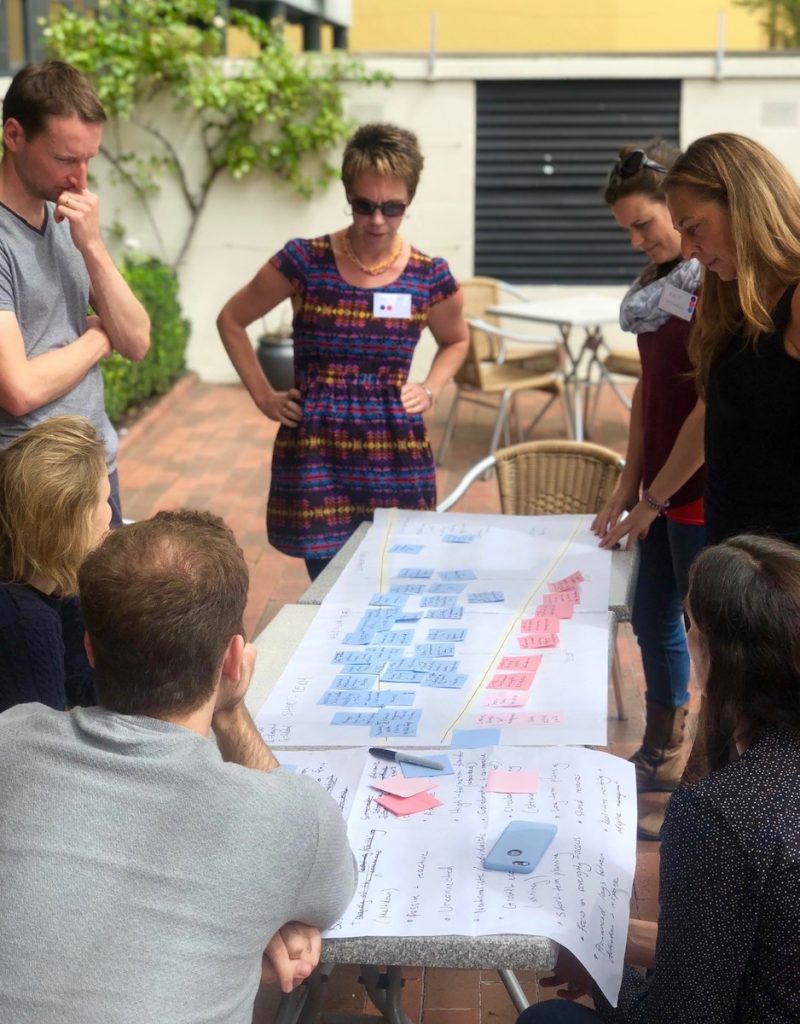by Amelie Meyer
‘Future Seas’ is a large collaborative interdisciplinary project involving a series of short evidence-based perspective pieces addressing key challenges for the UN Ocean Sciences Decade. I first heard about this project through an email announcing the first Future Seas workshop in 2018.
As a scientist working on climate-related topics, I often question what my ‘real’ contribution towards solving the climate change crisis that our planet is in. Future Seas seemed like an opportunity for doing science with impact: not just impacting the research community but also industry, policy makers and the general public.
The United Nations has called 2021-2030 the ‘Decade of Ocean Science for Sustainable Development’ to boost international coordination and cooperation in research and ensure ocean science can fully support countries in creating improved conditions for a sustainable development of the Ocean. The Future Seas project explores what the future could look like if the knowledge we have available was actually used and, more importantly, how we could get there.
As part of the project, 11 key challenges have been identified, and for each, a working group of scientists is assessing two future scenarios for 2030: ‘business as usual’, and a ‘technically possible more sustainable future’ (in line with the Sustainable Development Goals).
The challenges cover a wide range of disciplines including physical science, biology, fisheries, social science, governance, law, economics, arts, engineering, human health, psychology, media and maritime – over 100 scientists are involved in the project. Central to each paper are conceptual graphical elements depicting the two futures, and summarising actions we can take at local, regional and global scales to achieve a more sustainable future.

The work will be presented, along with a series of summary papers, in a special issue of the Reviews in Fish Biology and Fisheries journal, and will be used in the media, reports and for outreach activities.
In reality, what is it like to be part of Future Seas? I have been really inspired by how efficiently the project is pulling together research from such varied disciplines and by the methods used to define challenges, actions and scenarios. My very specific knowledge in oceanography and Science Communication is being integrated in the future scenarios and contributing to the action summaries we are building.
Ten of the papers are led by early career researchers or graduate students, with the aim of helping train and mentor early career researchers in leading large paper-writing teams.
Future Seas is a fantastic opportunity for the research community to come together across disciplines, provide opportunities for early career researchers, contribute to the UN goal, and to define future policies. This project is a collaboration between the Centre for Marine Socioecology (CMS, a collaboration between CSIRO and University of Tasmania), and is led by Prof Gretta Pecl, Dr Kirsty Nash, Dr Karen Alexander, Dr Camilla Novaglio and Dr Jess Melbourne-Thomas.
